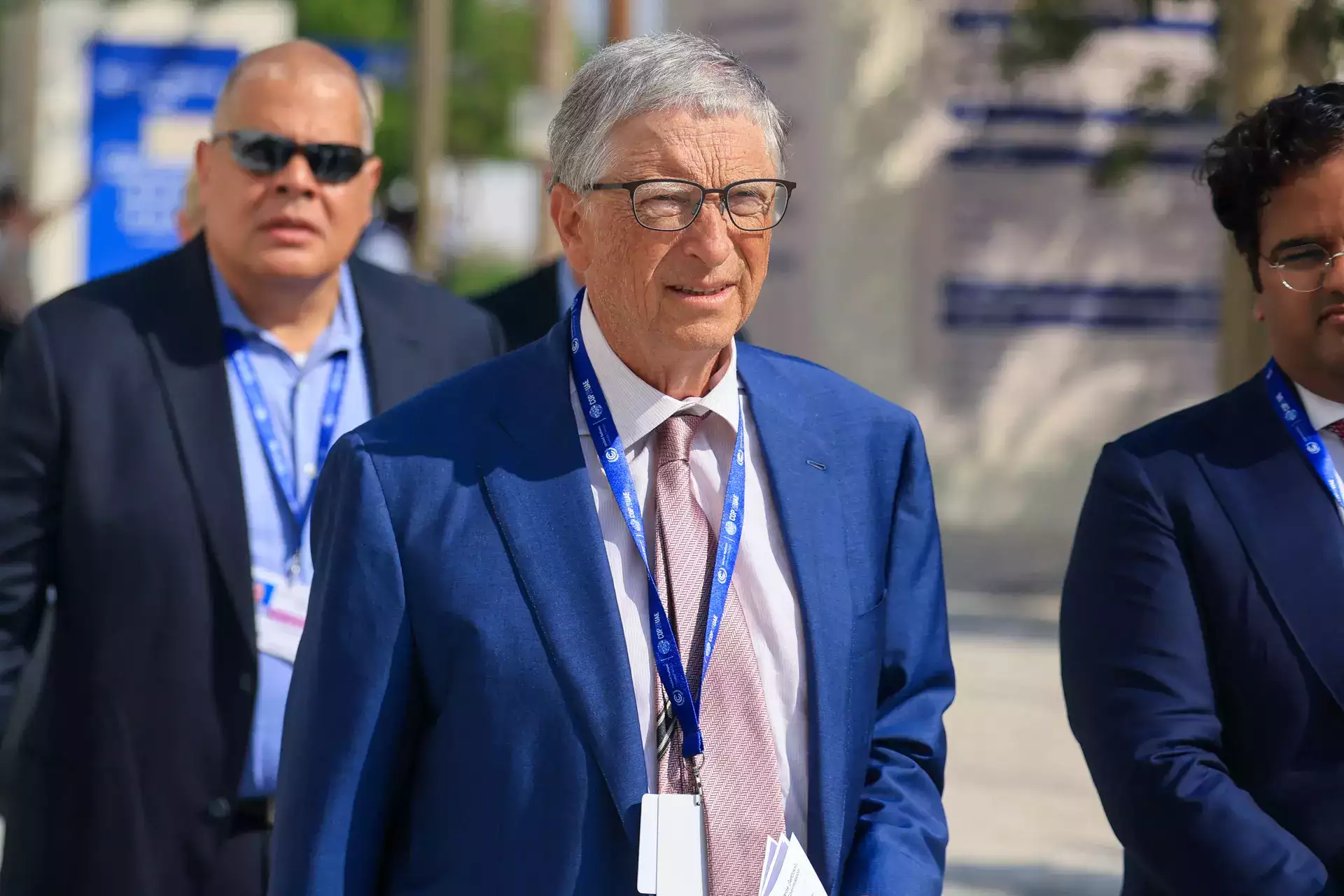In a groundbreaking development, the United Arab Emirates (UAE) has joined forces with Bill Gates’ advanced nuclear reactor company, TerraPower LLC. The collaboration, announced at COP28 in Dubai, signifies a major step in the UAE’s commitment to expanding its nuclear energy capacity and aligns with the global pledge by over 20 nations to triple nuclear deployment in the ongoing decade as part of the fight against climate change.
Key Agreement Details:
TerraPower and the UAE’s state-owned nuclear company, ENEC, formalized their collaboration through a memorandum of understanding (MOU). The primary objective is to explore the potential development of advanced reactors both within the UAE and on a global scale. This initiative reflects the UAE’s forward-looking approach to secure a sustainable future powered by clean electrons and molecules generated by cutting-edge nuclear technologies.
Quotes from Stakeholders:
Mohamed Al Hammadi, CEO of ENEC, expressed optimism about the venture, stating, “For the UAE, we’re looking for a future for the clean electrons and molecules that will be brought to reality by advanced reactors.” TerraPower President and CEO Chris Levesque highlighted the global impact, emphasizing, “Bringing advanced nuclear technologies to market is critical to meeting global decarbonization targets.”
Current Nuclear Landscape in the UAE:
As of now, the UAE operates one traditional nuclear power plant near Abu Dhabi, which commenced electricity production in 2020. The collaboration with TerraPower signifies a strategic move towards embracing advanced reactors, which are anticipated to be smaller, more flexible, and easier to construct compared to traditional plants. Such reactors are considered vital complements to intermittent power sources like wind and solar.
Potential Applications and Challenges:
The MOU outlines the exploration of various applications for advanced nuclear reactors, including power grid storage, hydrogen production, and the decarbonization of industries such as coal, steel, and aluminum. Notably, TerraPower’s Natrium reactors rely on a fuel known as high assay low enriched uranium (HALEU), primarily sourced from Russia. While this poses a potential challenge, TerraPower remains optimistic, anticipating the United States to domestically produce HALEU in the coming decade.
HALEU Supply Concerns:
TerraPower’s Wyoming project faced delays due to concerns about HALEU supply, intensified by the geopolitical landscape following the Russian invasion of Ukraine. However, the company reassures that the United States aims to initiate domestic HALEU production and has entered into contracts with Centrus for the development of such projects.
The collaboration between the UAE and TerraPower opens new avenues for advanced nuclear innovation, aligning with global efforts to combat climate change. As COP28 unfolds, this partnership holds promise for revolutionizing the energy landscape, emphasizing the pivotal role of advanced reactors in achieving ambitious decarbonization targets. The UAE’s forward-thinking approach and TerraPower’s technological prowess create a synergy that could propel sustainable energy solutions into the forefront of the global energy transition.















